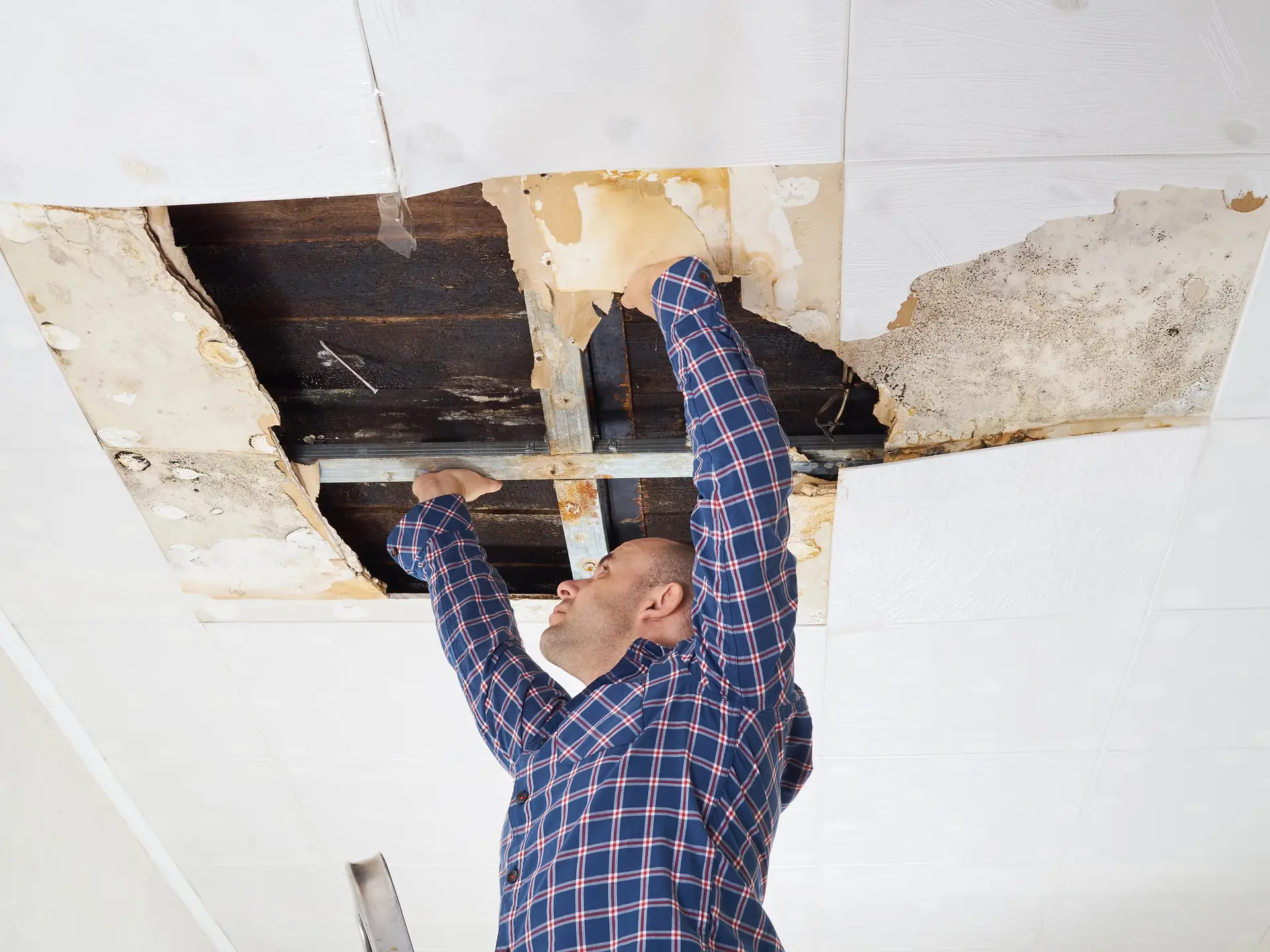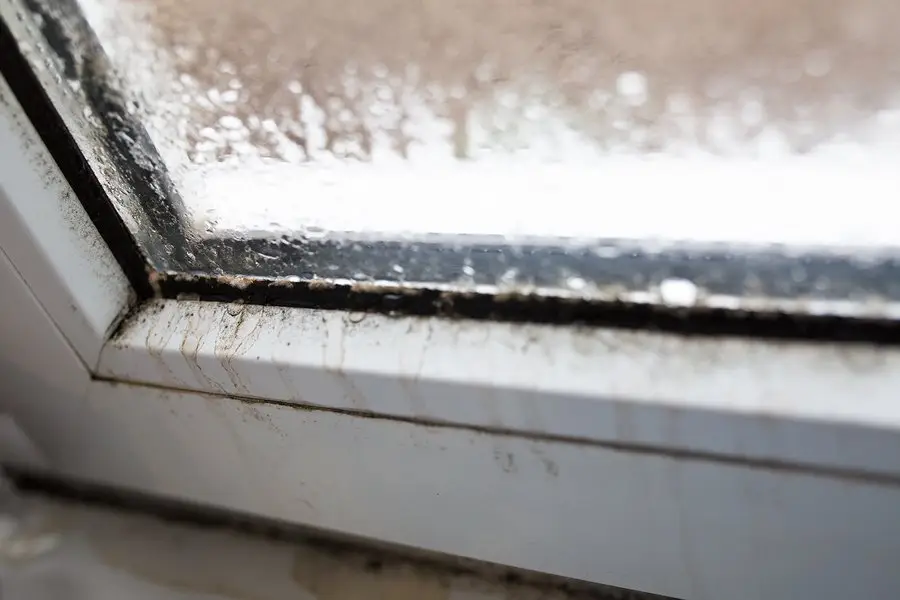Are you worried about energy loss in the winter? Your first energy bill might come as a shock, asking yourself “Why are my energy bills so high in the winter?”
Keeping your eye out for some warning signs and taking action can help keep more money in your bank account. These are the signs to keep in mind as winter weather arrives.
Your Roof is in Poor Shape
An old roof in the winter is a recipe for disaster. Asphalt roof replacement in MA can help create a barrier against energy loss and regulating indoor temperatures.

How does this happen? You might notice issues such as:
- Your attic was nice and cool during the summer. Ideally, your attic should be the same temperature as the outside. However, this isn’t a perfect world because snow can act as an insulator and snow can even block airflow in your vents. During the winter, you’ll want to keep your attic close to the outdoor temperature at sunrise.
- Your roof was leaking this summer. That leaky roof you didn’t fix this past summer? It’s only more bad news from here. Since moisture is getting inside your home through the roof, this is a sign that energy can freely escape as well. Your roof is responsible for losing 25% or more of your home’s energy!
- You’re missing a few shingles. If your roof’s shingles blew away in a windstorm this year, you’ll want to consider roof replacement sooner than later. This is a sign that the shingles are losing their adhesive or nails are coming loose. It can lead to even more shingle loss, exposing your roof to the elements while losing energy.
In terms of energy loss in the winter, your roof can give several warning signs. However, there are also warning signs from your windows if potential energy loss is looming.
Your Windows are Poor Quality, Incorrectly Installed, or Outdated
Replacement windows are known for saving energy. Unfortunately, not all windows are created equal in terms of energy savings–hence the emphasis on poor quality or incorrectly installed windows.
When you are facing problems with poor quality/incorrect installation or outdated windows, this is what you can expect.
- You feel drafts. If you’re sitting near a window, you might feel a slight (or even strong) draft blow by. This is one of the key indicators that your home will experience energy loss in the winter. As your HVAC system works to keep your home warm, the cold winter air keeps it working in overdrive. This results in a home that might not be as comfortable as you’d like along with high energy bills.
- You have excessive condensation. Indoor condensation can happen in the winter, but it becomes a problem when it won’t wipe away. If you wipe the glass of your window and it remains foggy, this is an indication of seal failure. Energy efficient gases argon and krypton are able to escape when the seal fails which takes away insulating properties. The end result is an inefficient window that won’t keep your home warm.
spring home maintenance checklist

- Your wood window frames are deteriorating. If you have wood windows, make sure that there aren’t issues with the frames. This can happen with wood frames that aren’t treated and got exposed to a lot of moisture during the summer. Old, crumbling and otherwise rotting wood frames should be replaced with new vinyl windows.
In addition to windows and roofing, one last culprit that can impact your energy bills in the winter is your entry door.
Your Entry Doors are Losing Energy
Entry doors are similar to windows in the sense that poor quality or incorrect installation can cause energy loss in the winter. Furthermore, an outdated entry door can also add to the problem.
Expect to experience the following with energy loss and entry doors:
- Your door is drafty. Over time, weatherstripping may wear away which causes drafts around the door frame. Quality weatherstripping such as our Q-Lon weatherstripping is excellent for energy savings. This weatherstripping comes with our new door replacement and creates an incredible seal against the cold weather.
- The weather seals are ineffective. Other times, you might discover that the weather seals bend and conform. This can lead to gaps around the door which allows cold air to enter inside.
- Your door isn’t insulated. The most energy-efficient entry doors contain a polyurethane foam core. This is critical for insulation and keeping your home comfortable.
Stop Energy Loss in the Winter with Coastal Windows & Exteriors
You don’t have to be doomed to energy loss this winter. Contact Coastal Windows & Exteriors for the most energy-efficient windows, roofing, and entry doors in MA as well as New England. Call us at 978-861-3031.
Don’t forget that now through December 15, 2019, we are offering the gift of heat! Score a $250 Target Gift Card when you sign a contract with us! We will also donate $100 to the Beverly Bootstraps Gift of Heat Assistance Program.

